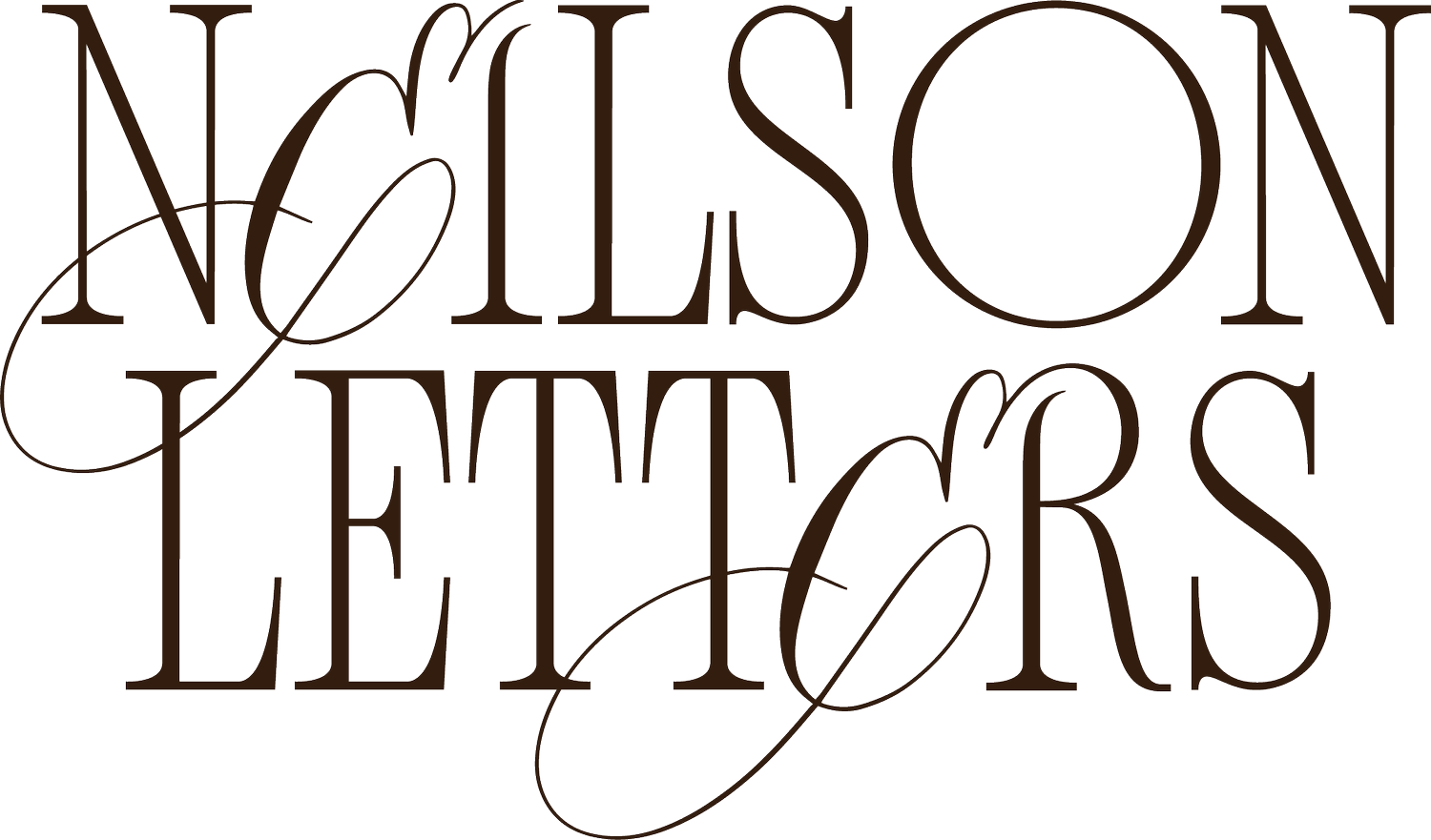Subcontracting in the Creative Event Industry
LET’S SET THE SCENE
You know, when I first started talking publicly about subcontracting, I wasn’t expecting the kind of response I got.
My DMs lit up.
I heard from artists who had worked full events and weren’t even allowed to say their name to clients. People told me they felt disposable. Like background help. Not professionals.
And that hit a nerve with me—because I’ve been on both sides. I’ve been the one hired, and I’ve been the one doing the hiring.
So today, I want to write about what subcontracting actually looks like in our creative world—and what fairness really means.
WHAT I MEAN BY “SUBCONTRACTOR RATES”
Let’s start here.
When I say "subcontractor rates," I’m talking about a situation where a lead artist books a job—let’s say a big live event—and then hires other artists to help execute it. Which is great, in theory.
But then… they turn around and pay those artists significantly less. And usually? They haven’t even charged the client enough to cover the cost of hiring fairly.
So now, the lead is doing more admin, sure. But instead of building that into the client quote, they take it out of the people they hired.
WHY THIS IS A PROBLEM
Here’s why that’s an issue:
First, the event couldn’t happen without those people.
If you don’t have the capacity to do it alone, then the people you bring on are essential—not expendable.Second, it creates resentment.
When someone knows they’re being underpaid, they might still show up and smile, but that feeling? It leaks. It shifts the energy, and that affects the guest experience.Third, it burns bridges.
If someone feels disrespected or taken advantage of, they might not say anything… but they won’t forget. And in a small industry like ours, that kind of energy follows you.
THE “LESS EXPERIENCE” ARGUMENT
I heard this one through the grapevine:
“Well, I’m paying them less because they’re newer.”
To that I say: Then why are they working the event?
Live calligraphy and personalisation is high-touch. It’s luxury. It’s fast-paced. If someone isn’t ready to represent your brand with the same polish and professionalism that you would, they probably shouldn’t be there.
This isn’t a workshop. It’s showtime.
THE ISSUE OF INVISIBILITY
One of the hardest things I heard was from artists who said they weren’t even allowed to hand out a business card.
They were told not to introduce themselves to clients—just smile, nod, and stay quiet.
And that’s heartbreaking.
These are independent business owners. They're not your employees.
They're showing up with their own tools, their own style, their own brand—and being treated like anonymous help.
Let’s call it what it is: that’s not leadership. That’s gatekeeping.
SHARING THE SPOTLIGHT
Here’s what I really believe:
✨ Sharing the spotlight doesn’t make your light dimmer. It makes the whole stage brighter. ✨
Giving credit, being generous, letting your collaborators shine—it doesn’t take anything away from you.
In fact, it says everything about your confidence, your leadership, and the kind of business you run.
CLIENTS ARE SMART
Also, let’s not underestimate our clients. They’re not clueless.
If they want to know who the artist was, they’ll find them. We’re all online.
So trying to build this wall of secrecy around who worked your event?
It doesn’t protect your brand. It makes you look insecure.
Instead, I’d rather be someone who empowers the people I work with.
Someone who says:
“Yes, absolutely—hand out your business card. Say your name proudly. Be proud of what you’re contributing here.”
That doesn’t weaken my brand.
It strengthens it.
THE SOLUTION
It’s simple, honestly:
Charge the client appropriately. Pay the people you hire fairly.
If you’re doing more work—coordinating schedules, managing client expectations, sourcing materials, troubleshooting logistics—you deserve to be compensated for that.
But that should come from the client, not from the rate you pay your team.
Trying to skim a few bucks off your team’s rate might seem like a smart move in the short term—but long-term? It’s going to cost you your network.
MY PERSONAL TAKE
And on a personal level—this is about integrity.
I care about the creative community here in Montreal. I care about the people I work with.
And I would never feel right taking money from them just because I happened to land the job.
They are my peers. My collaborators. My equals.
At the end of the day, I just want to treat people how I want to be treated:
With fairness.
With transparency.
With respect.
That’s the kind of industry I want to be part of.
And I think a lot of us do, too.




